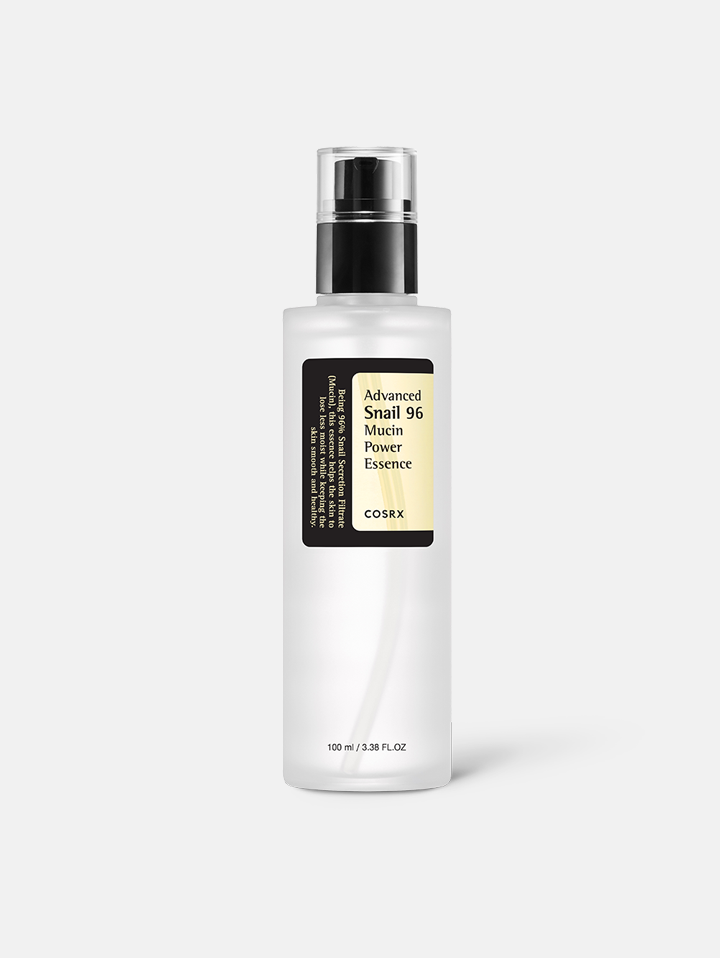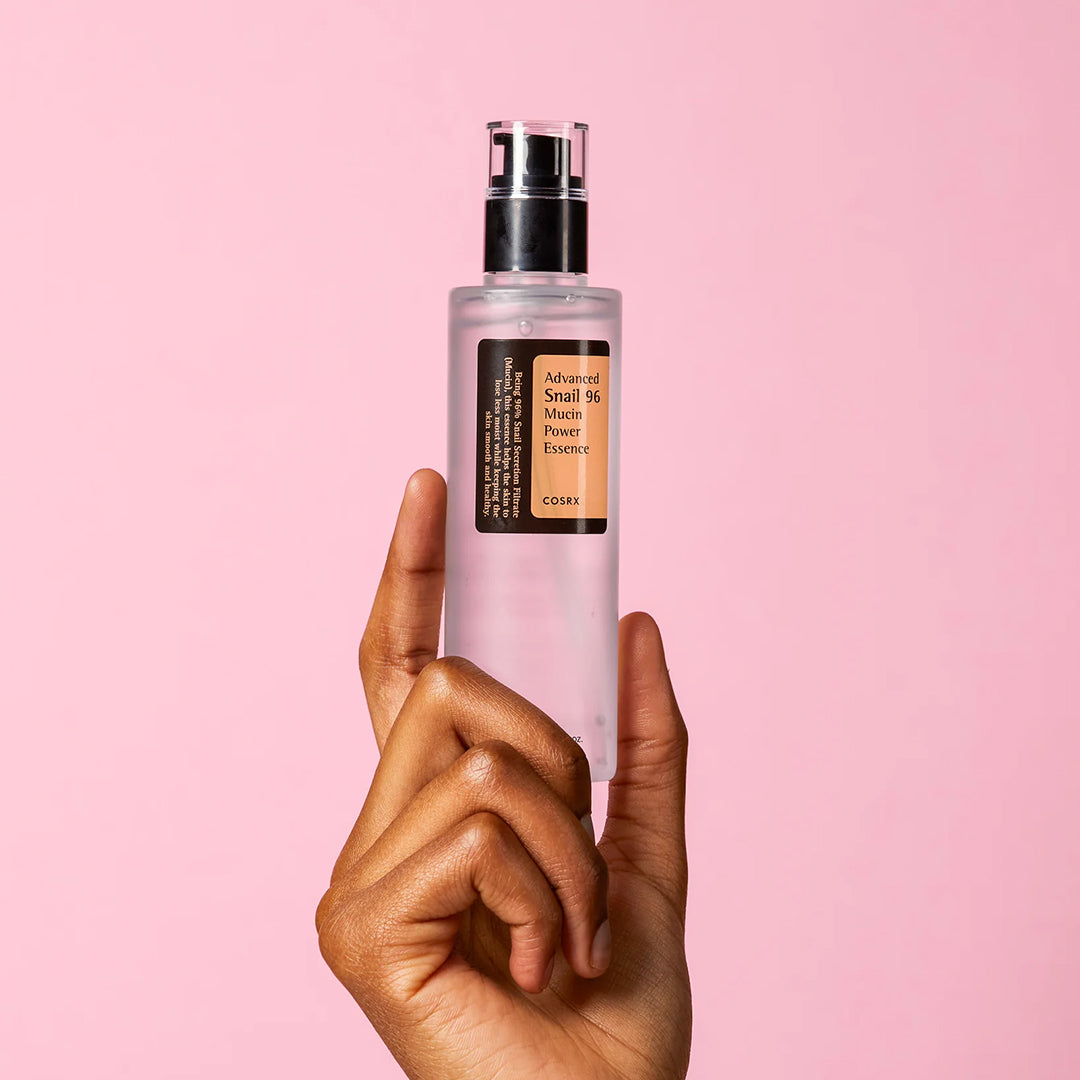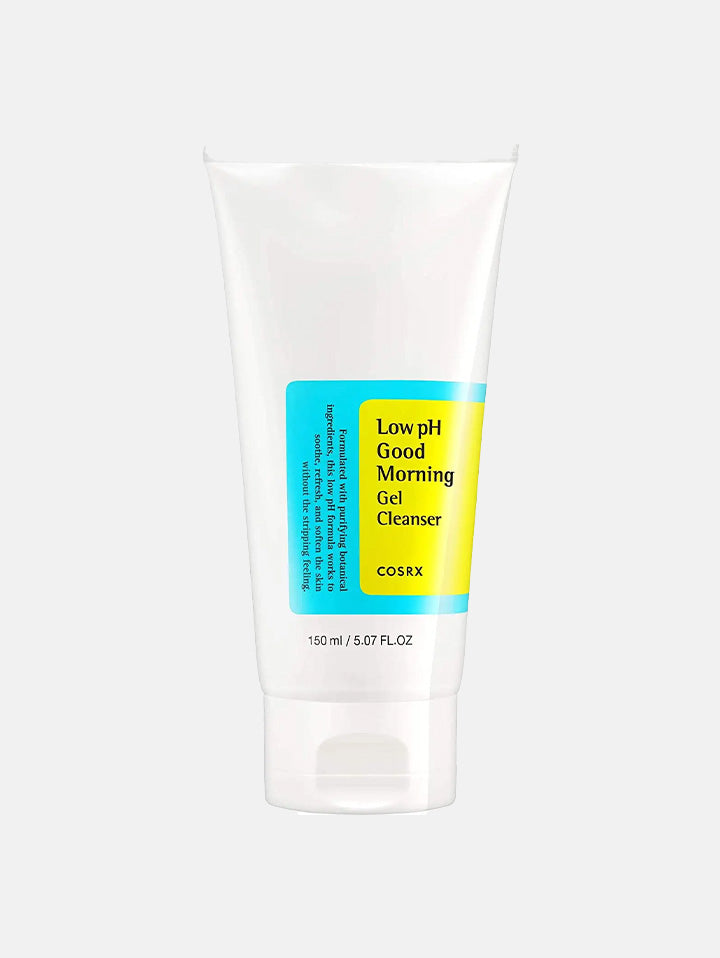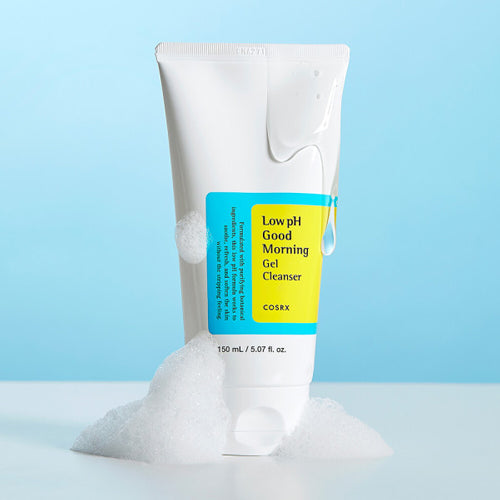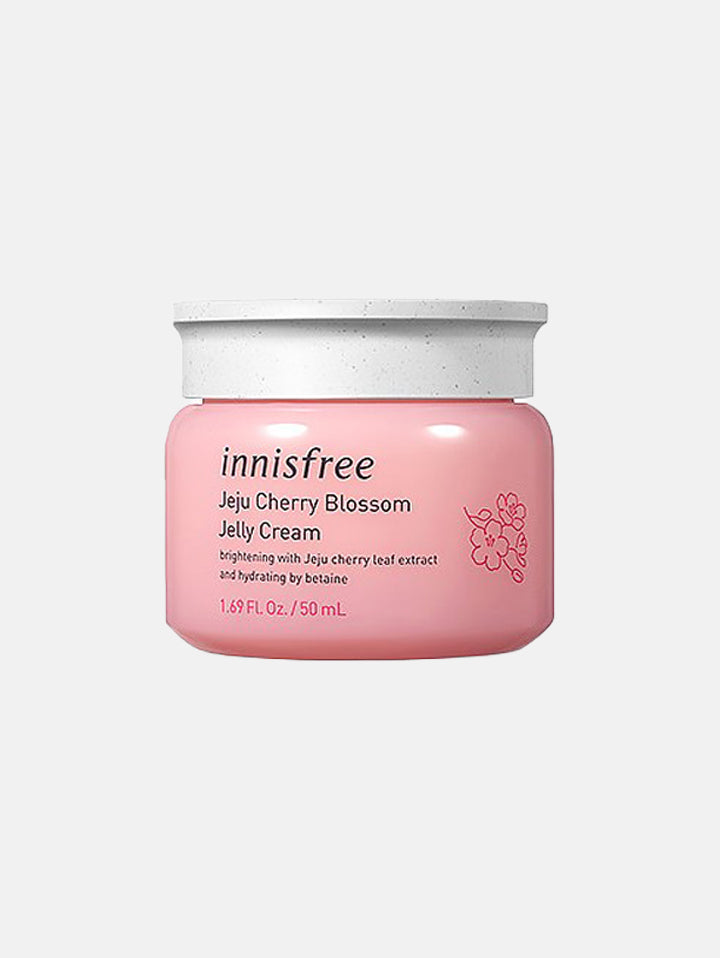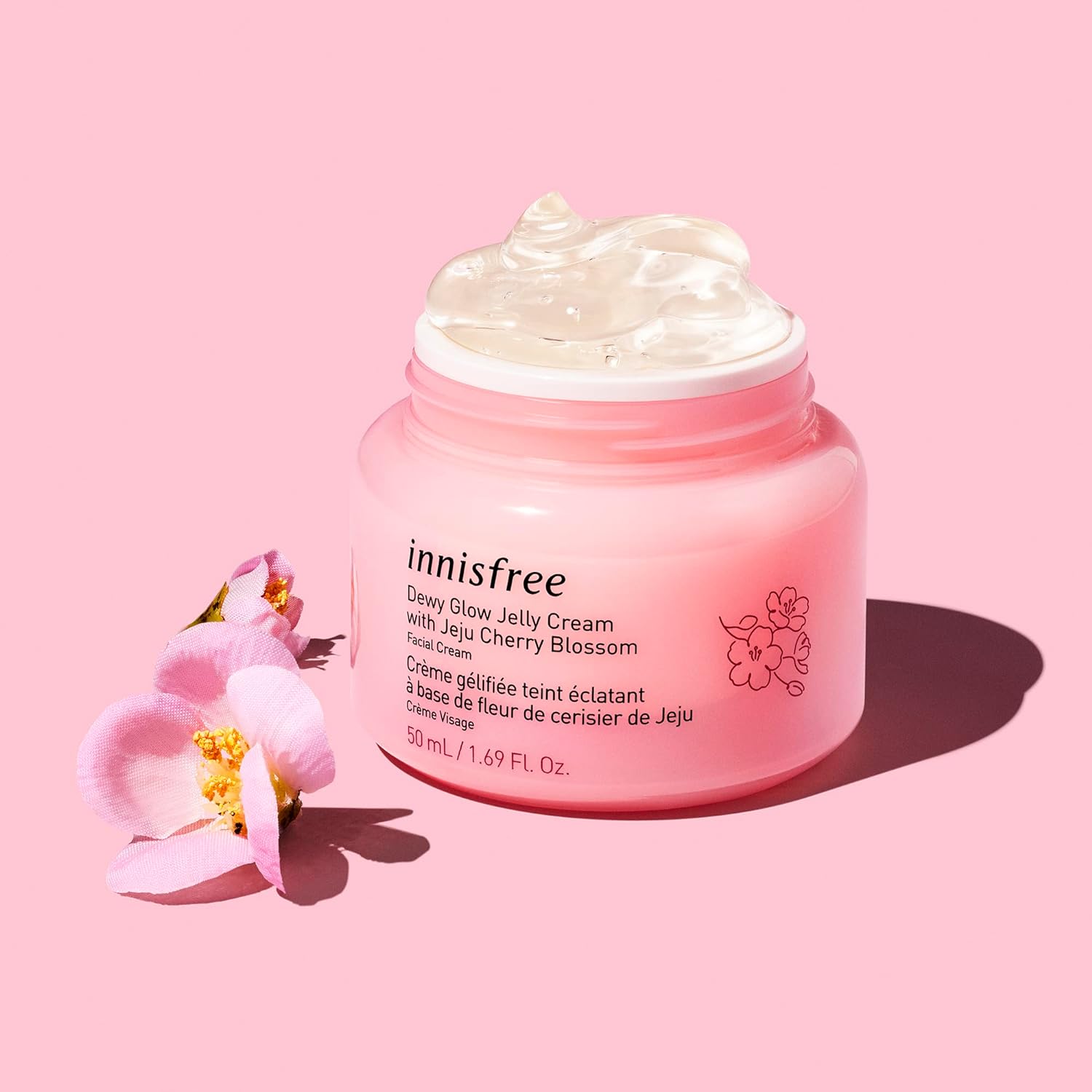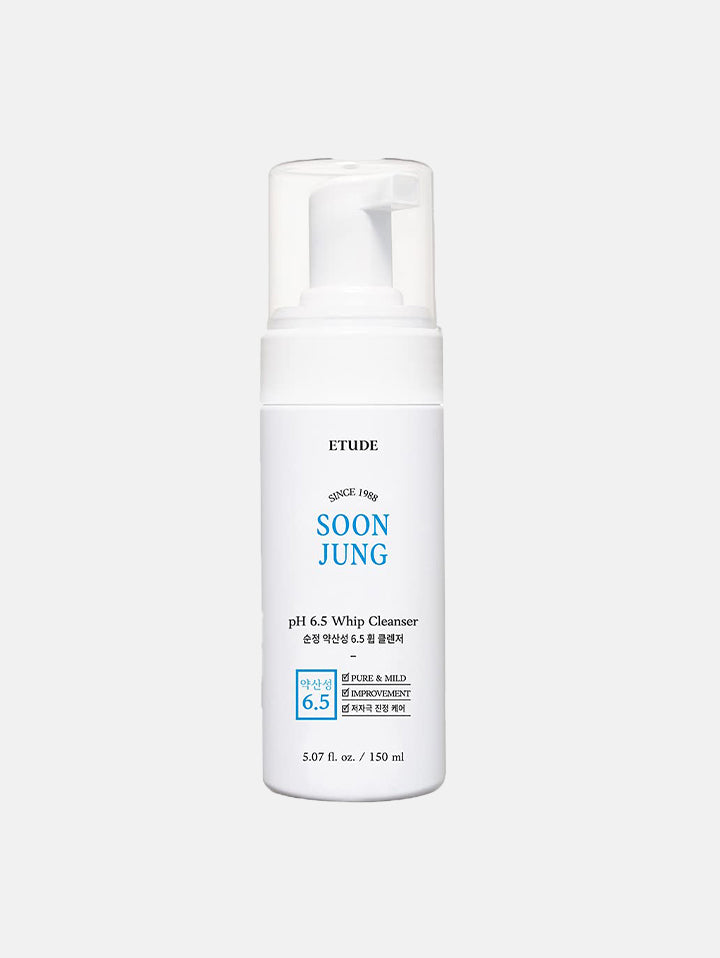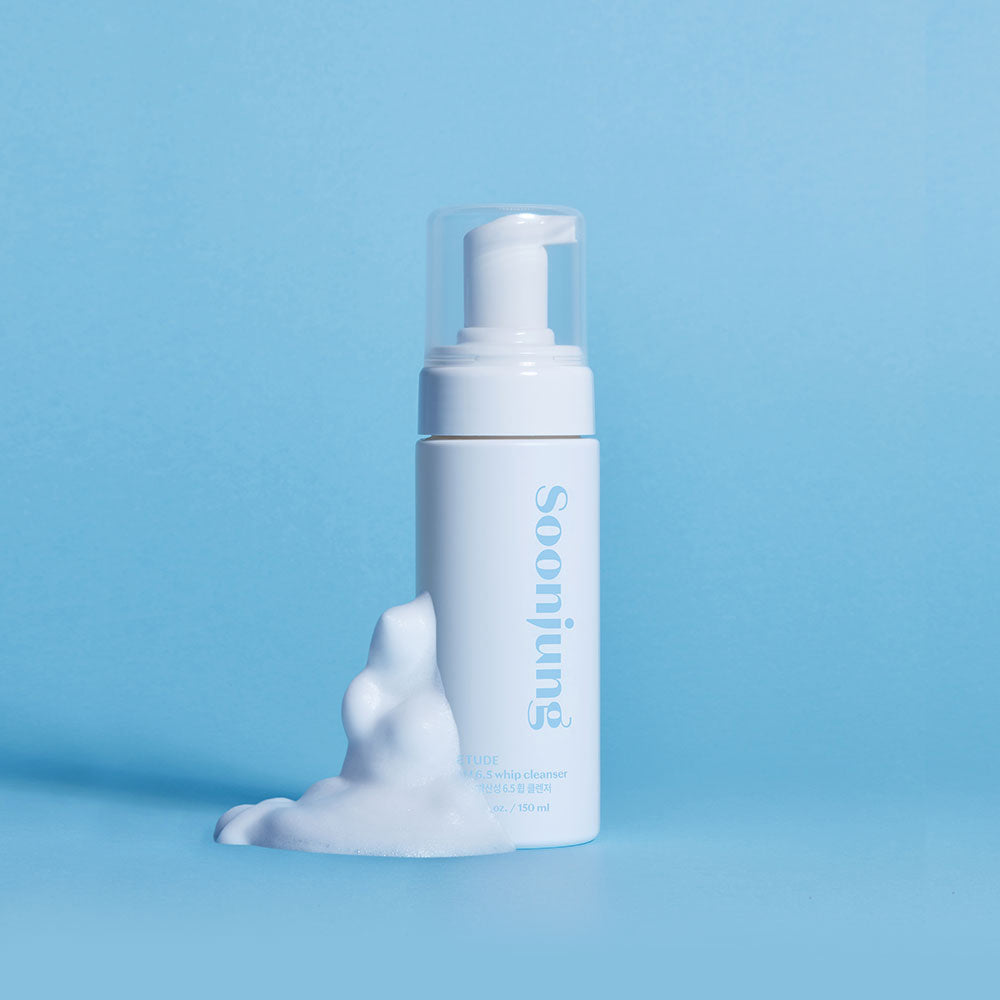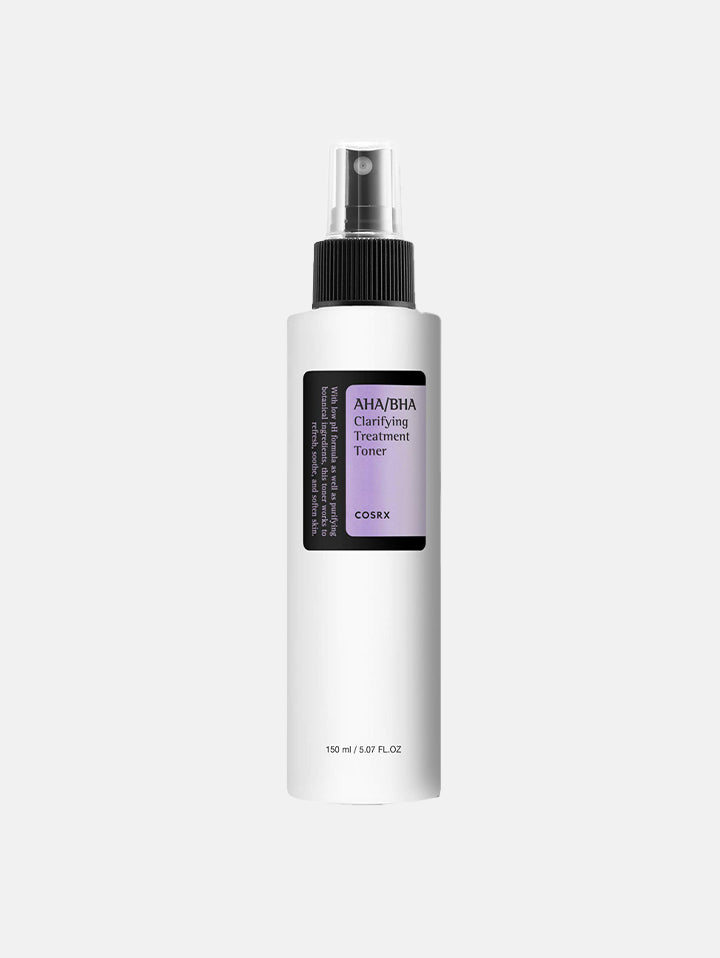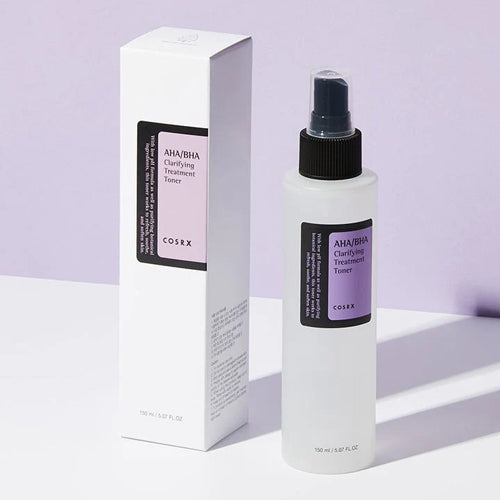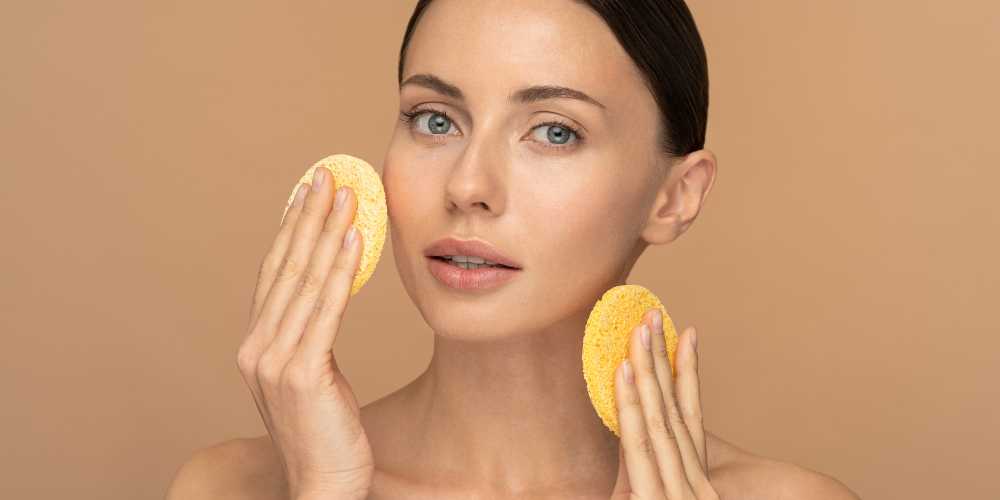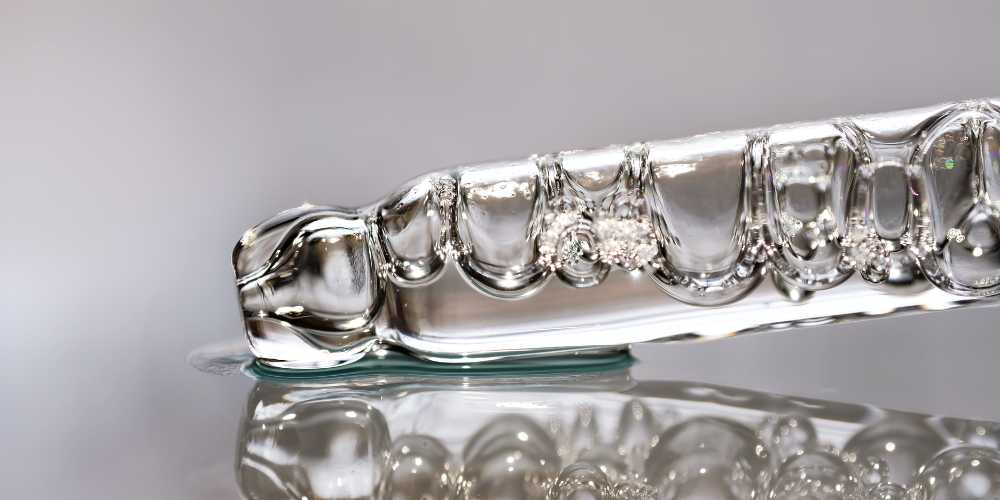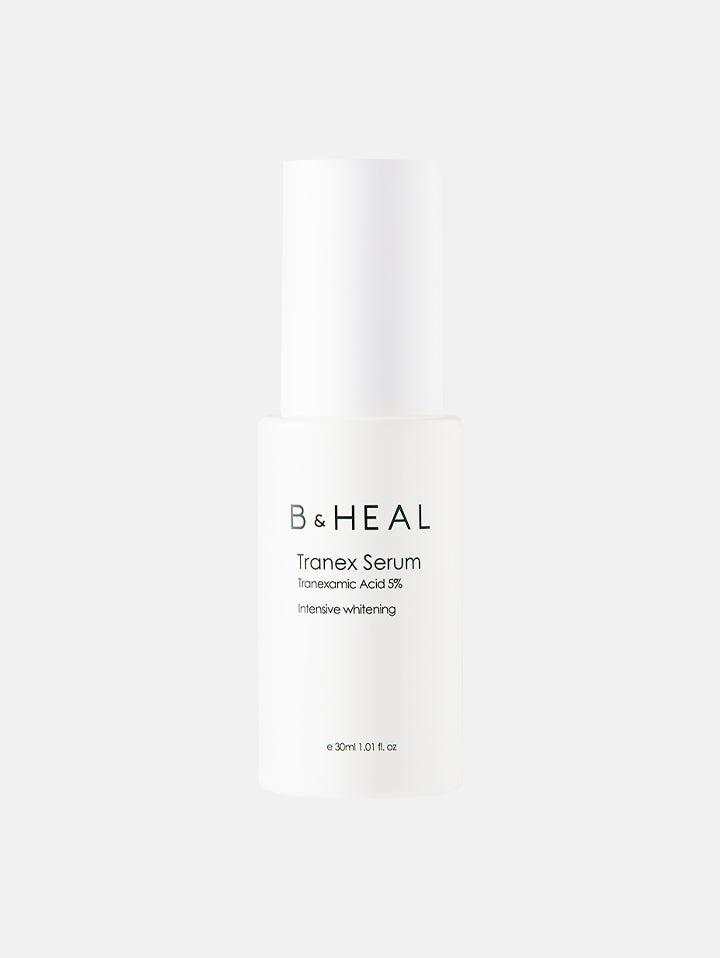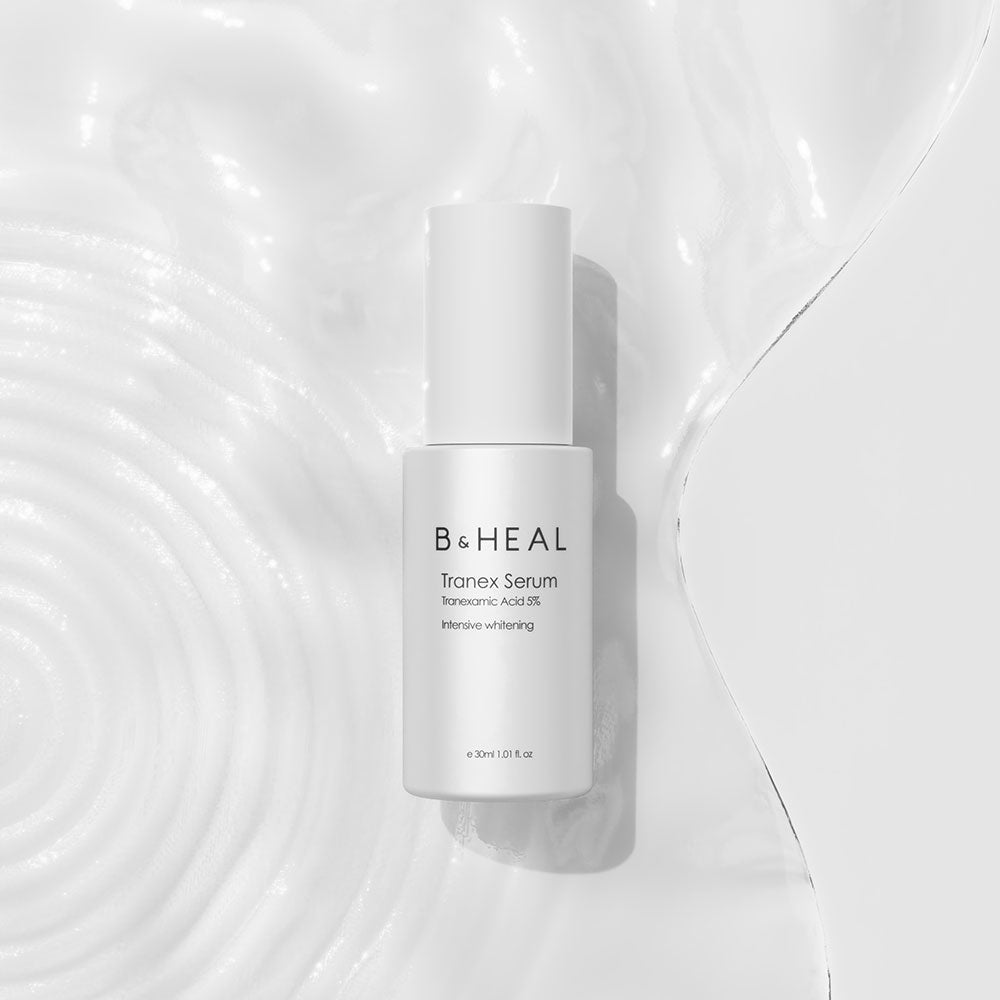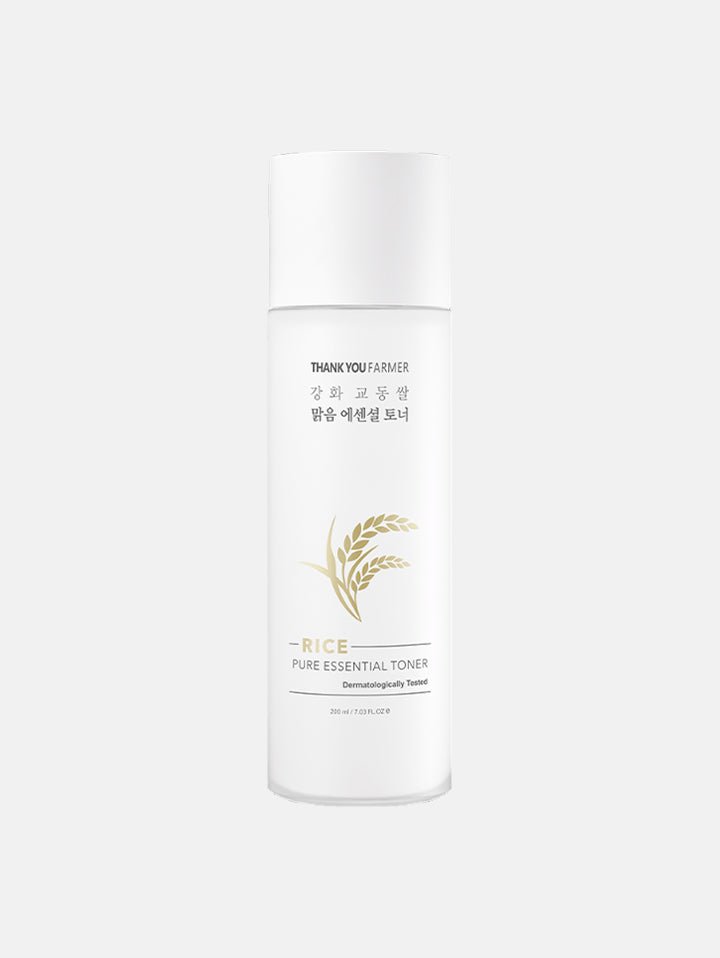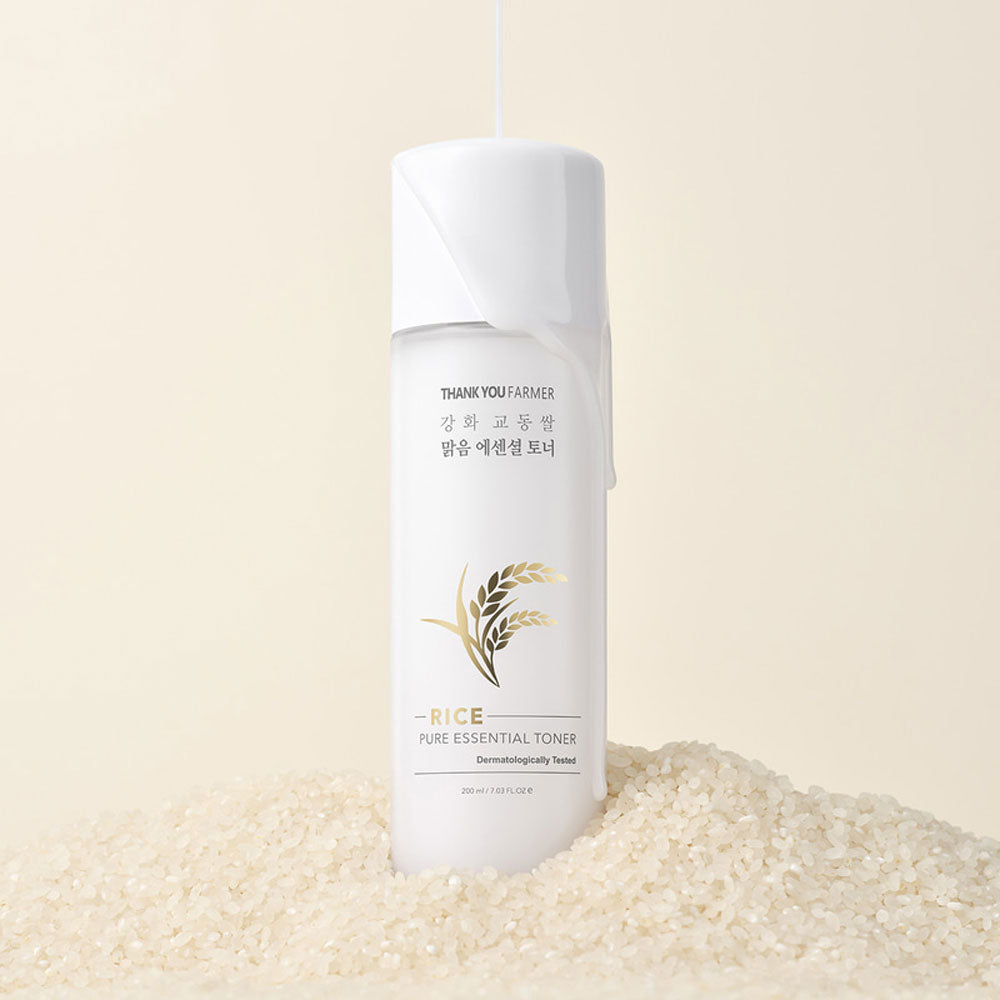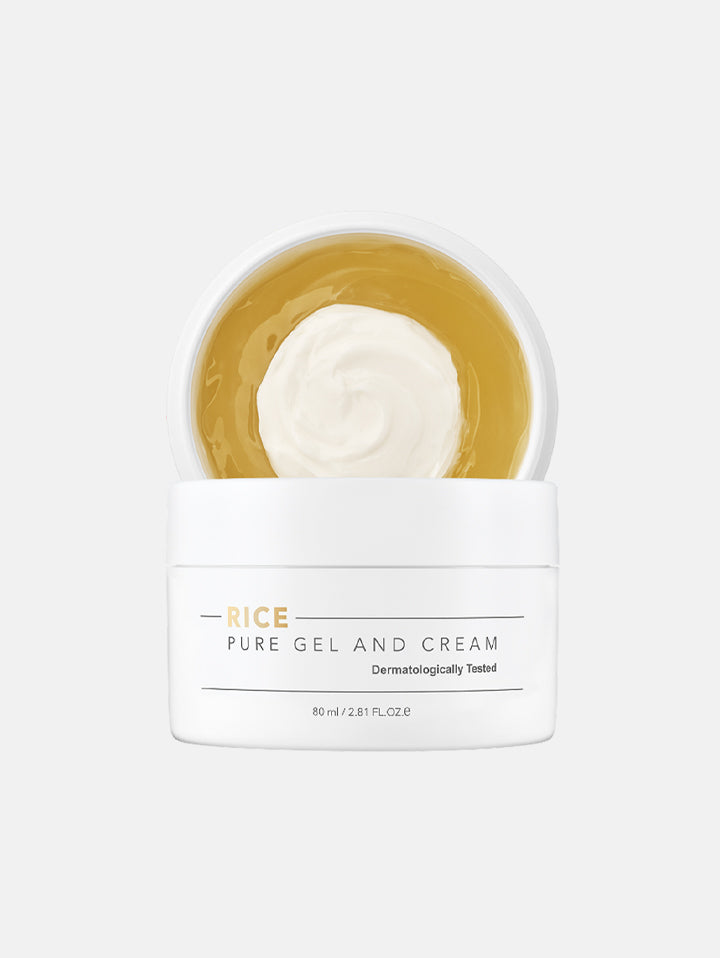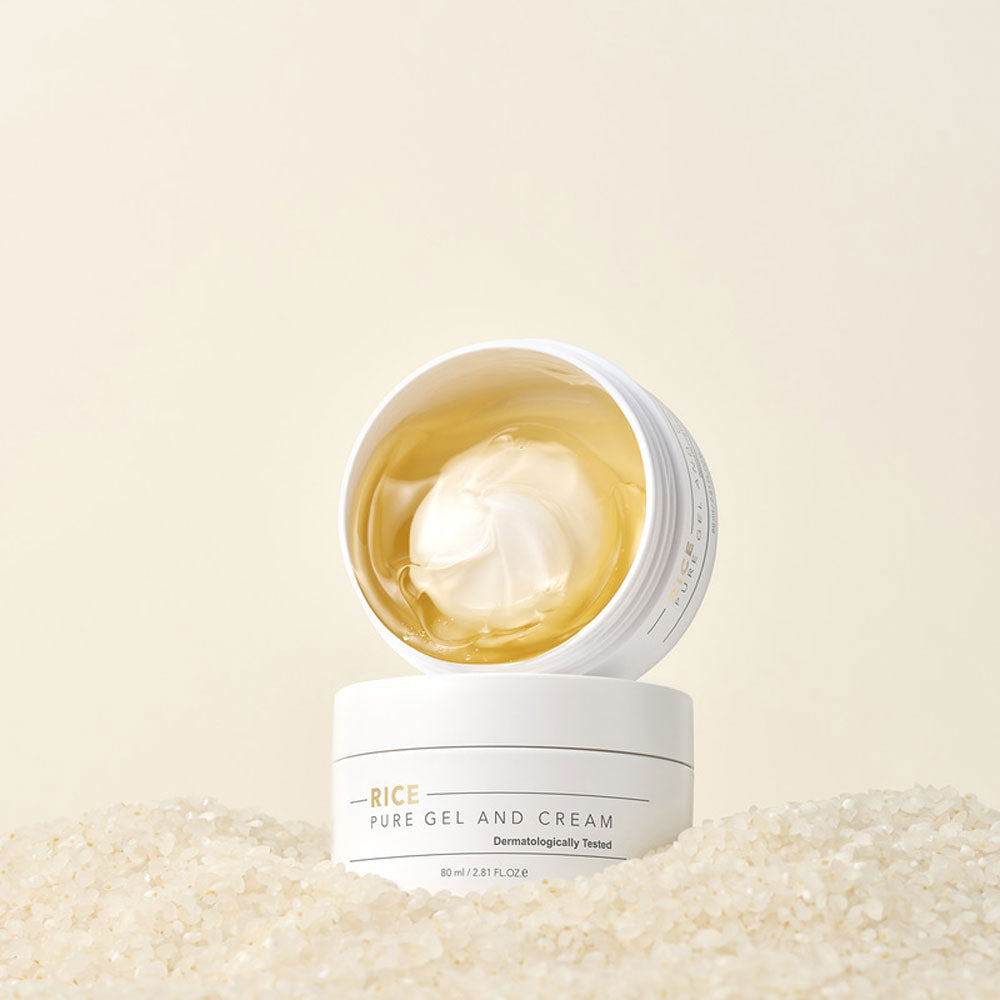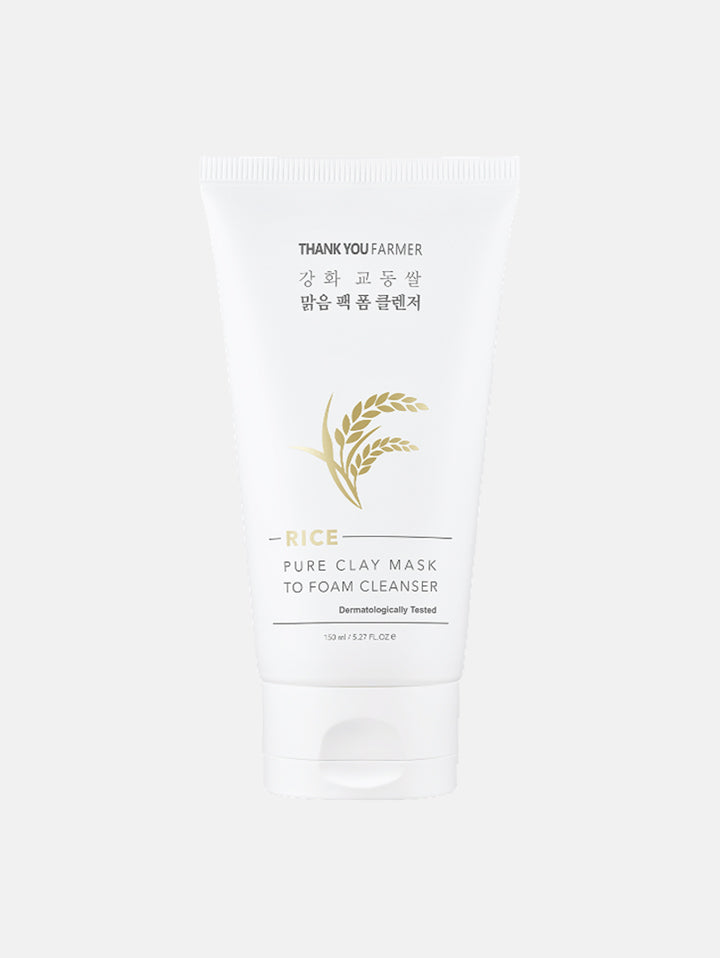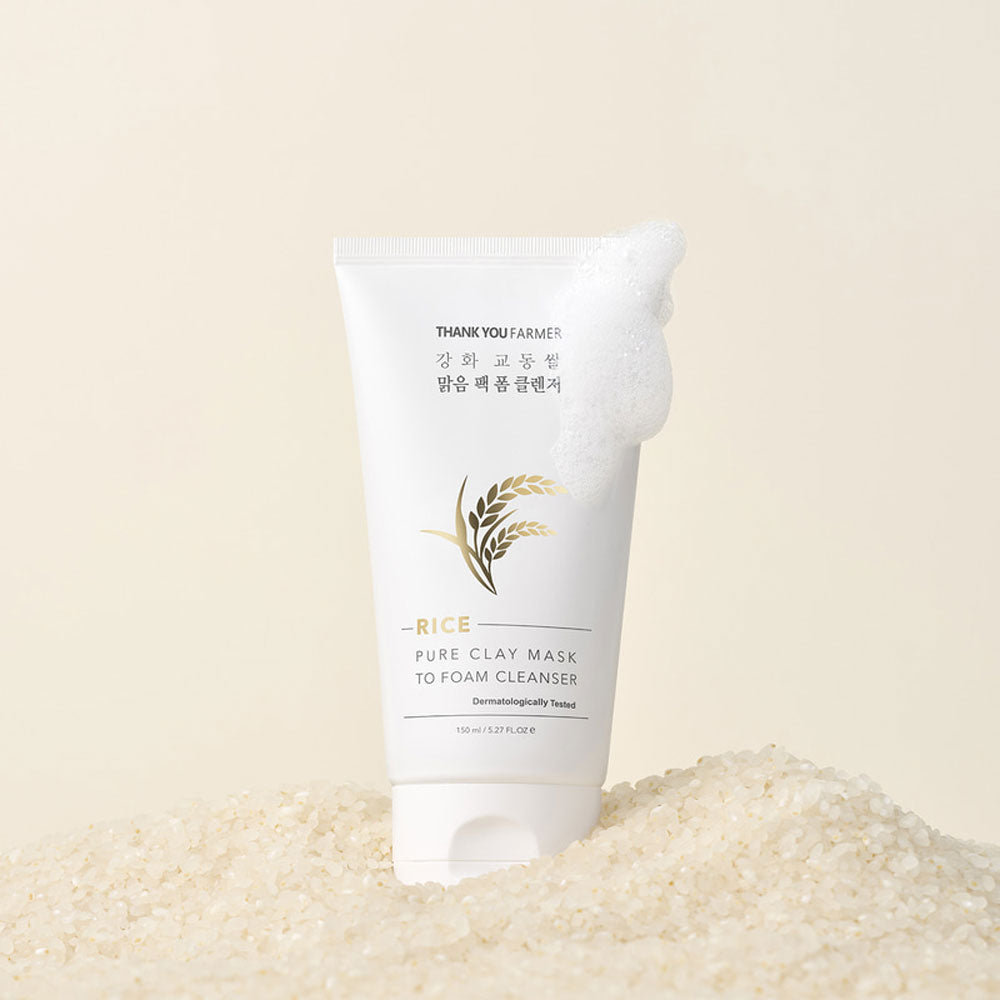Ingredient Glossary
Discover style insights and trends on our fashion lifestyle blog.
Is niacinamide suitable for sensitive skin?
Yes, niacinamide is generally well-tolerated by sensitive skin types. It's a form of vitamin B3 known for its soothing and calming properties. Niacinamide can...
Dec 30 2023
What are the benefits of niacinamide for the skin?
Niacinamide, a form of vitamin B3, offers several benefits for the skin: Improves Skin Barrier Function: It helps strengthen the skin's barrier, reducing moisture...
Dec 30 2023
Can BHAs help with acne-prone skin?
Absolutely! Beta hydroxy acids (BHAs), like salicylic acid, are fantastic for acne-prone skin. They work by penetrating into the pores, effectively exfoliating the skin...
Dec 30 2023
How do AHAs exfoliate the skin?
AHAs (Alpha Hydroxy Acids) exfoliate the skin by primarily loosening the bonds between skin cells, allowing for easier shedding of the outermost layer of...
Dec 30 2023
What is the difference between AHAs and BHAs?
AHAs (Alpha Hydroxy Acids) and BHAs (Beta Hydroxy Acids) are both popular types of chemical exfoliants used in skincare, but they have some key...
Dec 30 2023
Can all skin types use products with hyaluronic acid?
Hyaluronic acid is generally well-tolerated by most skin types due to its ability to deeply hydrate the skin without causing excessive oiliness or clogging...
Dec 30 2023
What are the benefits of hyaluronic acid in skincare?
Hyaluronic acid (HA) is a skincare superhero for several reasons: Superb Hydration: It's a humectant, meaning it attracts and retains moisture. HA can hold...
Dec 30 2023
What is retinol and how does it benefit the skin?
Retinol is a derivative of vitamin A and a popular ingredient in skincare products known for its numerous benefits for the skin. It's celebrated...
Dec 30 2023
